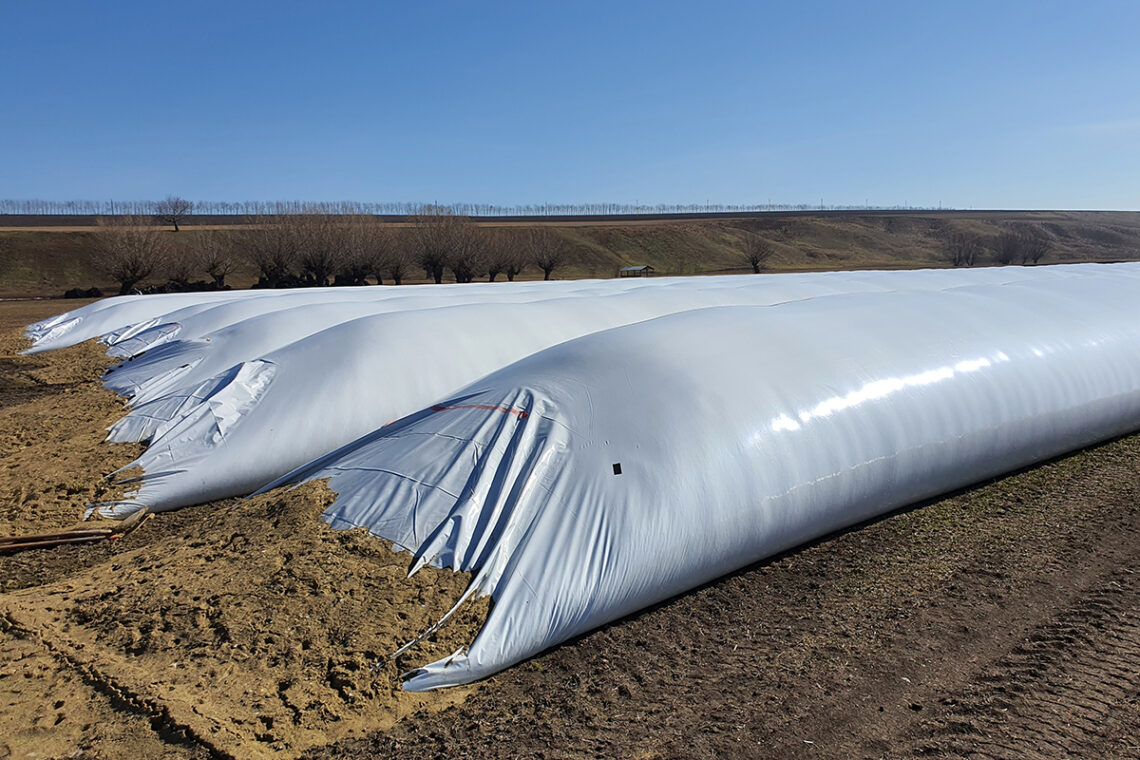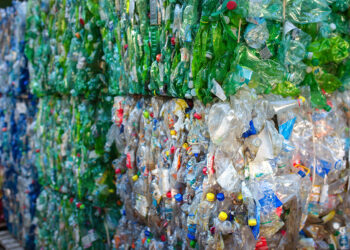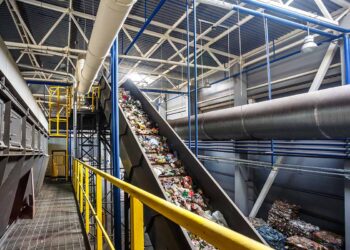Plastics Recycling Update
Alterra licenses tech for two new recycling sites
Ohio-based Alterra Energy has granted additional chemical recycling technology rights to Houston's Abundia Global Impact Group, augmenting a 2021 agreement...
Republicans propose US House bill on chemical recycling
The bill seeks to classify chemical recycling as a manufacturing process rather than as waste incineration, to help speed infrastructure...
Phoenix Technologies shuts Ohio RPET plant
The reclaimer, owned by Taiwanese polyester giant Far Eastern New Century, shuttered its Poe Road site in Bowling Green but...
NAPCOR finds RPET imports hit record in 2024
Despite gains for thermoforms and other materials, bottle recovery rates and RPET consumption eased from 2023 highs amid abundant imported...
Alberta catalyst discovery targets hydrogen and plastics
A chance discovery inside a University of Alberta laboratory has developed into a Canadian cleantech project that aims to reshape...
Mexico PRO, Aduro to study flexibles as feed
A Mexican producer responsibility organization and a Canadian recycling startup are partnering to research the use of multi-material flexible packaging...
Canadian groups building flexibles database
Using composition analysis and industry input, the Circular Plastics Taskforce and PROs in British Columbia and Quebec aim to provide...
Colorado approves final EPR plan for packaging
The state approved the plan from Circular Action Alliance, clearing the way for the law's implementation within the next six...
Colorado NGO, recycler partner on innovation
Direct Polymers, the state's largest plastics processor, will leverage a new innovation hub to help accelerate development of products made...
Top Plastics Recycling Update stories from November 2025
Stories about alarm bells for the EU recycling sector, the WM film recycling plant closure, the Ellen Macarthur Foundation plastics...



















